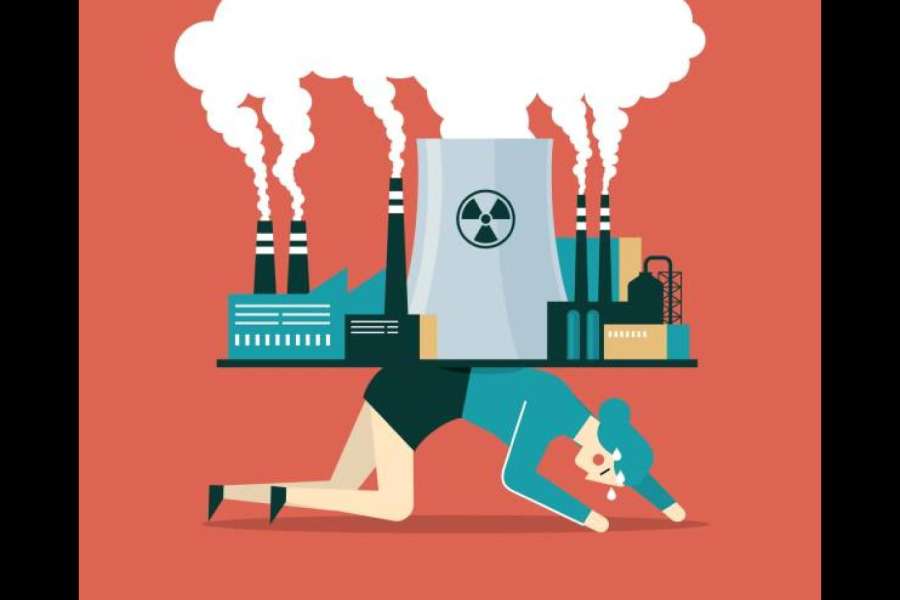On the suggestion of a childhood friend, a little over 30 years ago, I started to acquire environmental education. Those were exciting times: the Central Pollution Control Board was still a teenager and the United States Environmental Protection Agency, after which it was modelled, was yet to be 25. Concepts were concretising and new concerns were being expressed based on new information. I read a lot; all that reading provided me with a global view of the processes within the biosphere and the geosphere and the myriad interactions among these, perceptibly modified by humans. I was fascinated, but was also becoming increasingly concerned about the state of the planet and humanity. Over the years, the concern has only heightened.
I understand that the planet I inherited is not what my children have. It is far more depleted in resources and its capacity to sustain life is compromised. However, the world has also changed, in many aspects, for the better. Far fewer children die at birth or in infancy, and every person has a better chance of living longer. Consequently, there are ever more people on the planet. Demographers expect the global population to stabilise at about 11 billion at the end of the century before declining. The demand for energy and other resources will be far greater than what it is now, not only because of the higher numbers but also because of greater consumption by those moving out of poverty. No one deserves to be in poverty; but where will the additional resources come from unless the rich scale down their consumption?
Societies that have remained self-sufficient by depending on the resources of a single ecosystem or contiguous and related ecosystems have achieved this not through conscious decisions or overall awareness on the part of the individuals of such societies but through an intricate pattern of behaviour strongly reinforced by religious belief and social pressure. In such societies, in the words of the anthropologist, L.P. Vidyarthi, a nature-spirit-culture triangle develops that determines the actions of individuals and groups. For the individual, the relationship with nature is not governed by a conscious knowledge of why a particular action at a particular time is prescribed or proscribed.
Those of us in mainstream societies do not have the luxury of unconscious behaviour patterns that will lead to a sustainable relationship with nature. We no longer have the religious props, neither does sociocultural reinforcement lead us to take appropriate behaviour. On the contrary, contemporary sociocultural reinforcement leads us towards greater consumption.
Conscious decisions are our only hope. We must know and understand our relationships with the biosphere and geosphere on which our future depends. However, humans are highly adaptable. High adaptability also means tolerance of, and adjusting to slow, deleterious changes in the environment. Amartya Sen had argued that an individual may adapt downwards as a result of continued deprivation and in the absence of any hope of achieving better outcomes. Young people growing up in a polluted and compromised planet have no basis for believing that things were better in the past and could be better in the future if certain actions are taken; the abnormal is accepted as the normal. Even those who have lived under better conditions seem to forget what it was like to have clear air and water.
Raymond Dasmann, the American conservationist, had maintained that *“We need to look at our patterns of consumption and behaviour and shed those practices that contribute to the destruction of nature. This is incredibly difficult to do in a society oriented toward consumption…” Dasmann passed away in 2002 with the burden of consciousness. Many more of us need to carry the burden until the proverbial The Hundredth Monkey of Ken Keyes.
Anamitra Anurag Danda is an environmentalist. Views are personal










